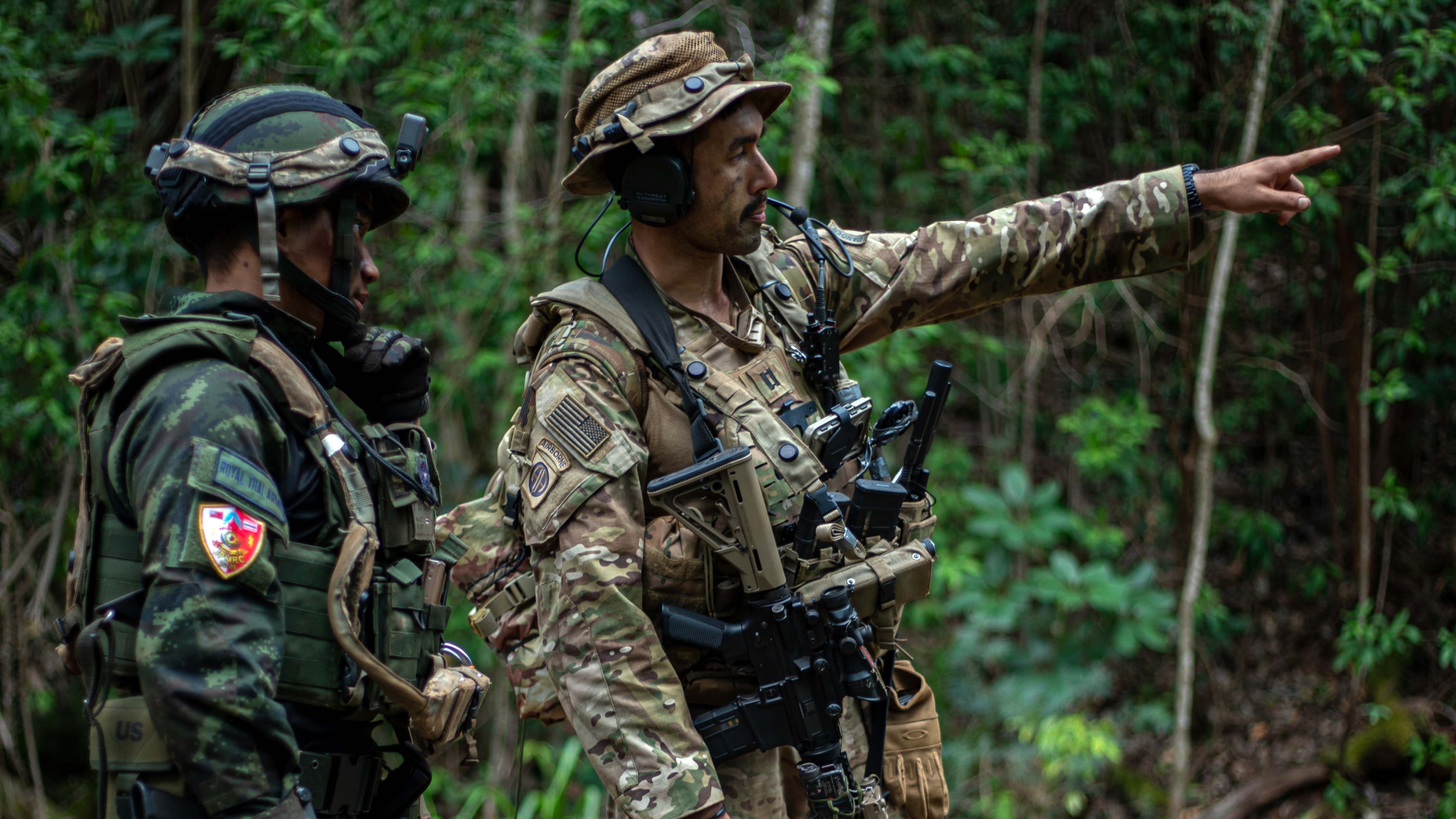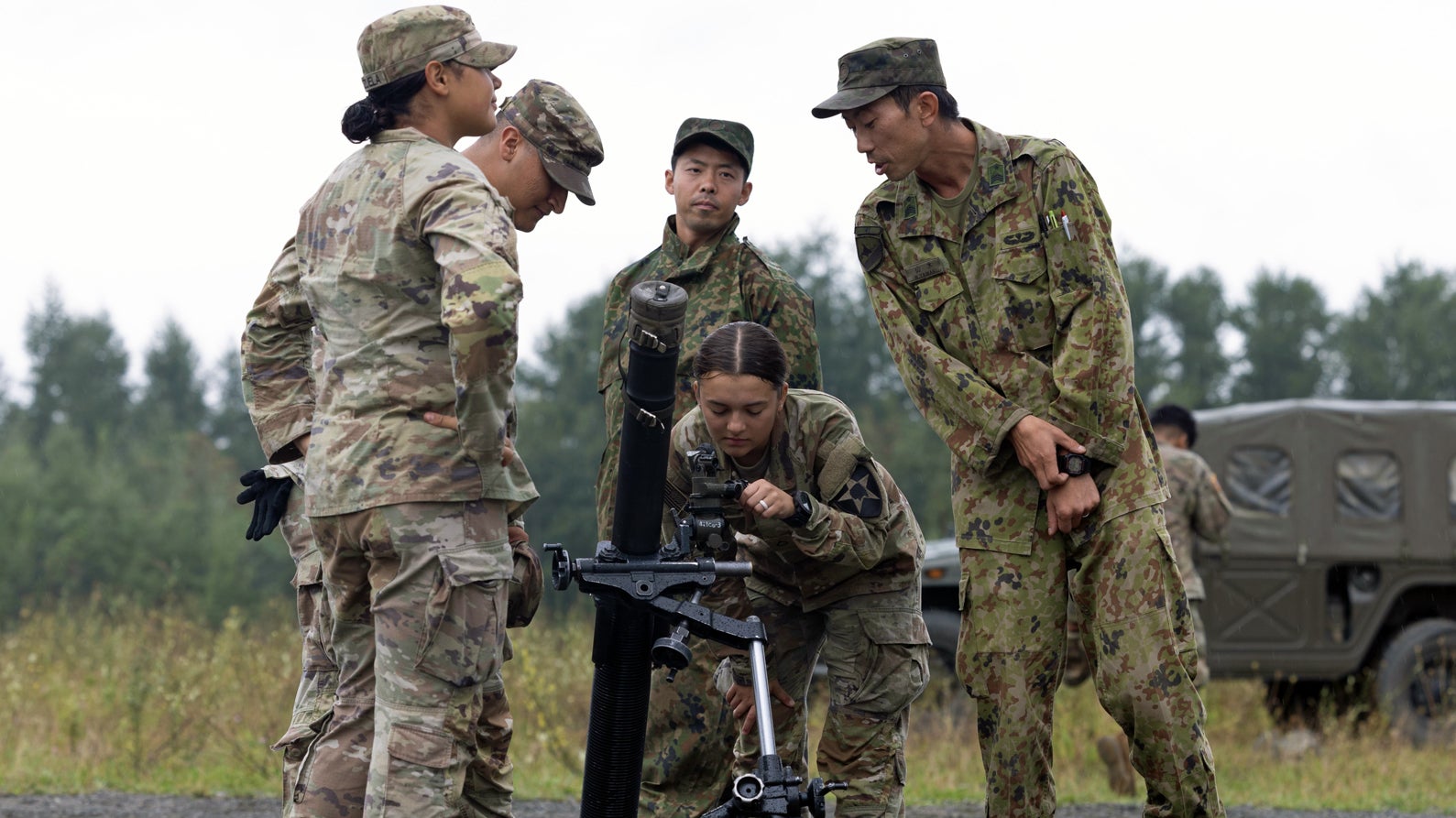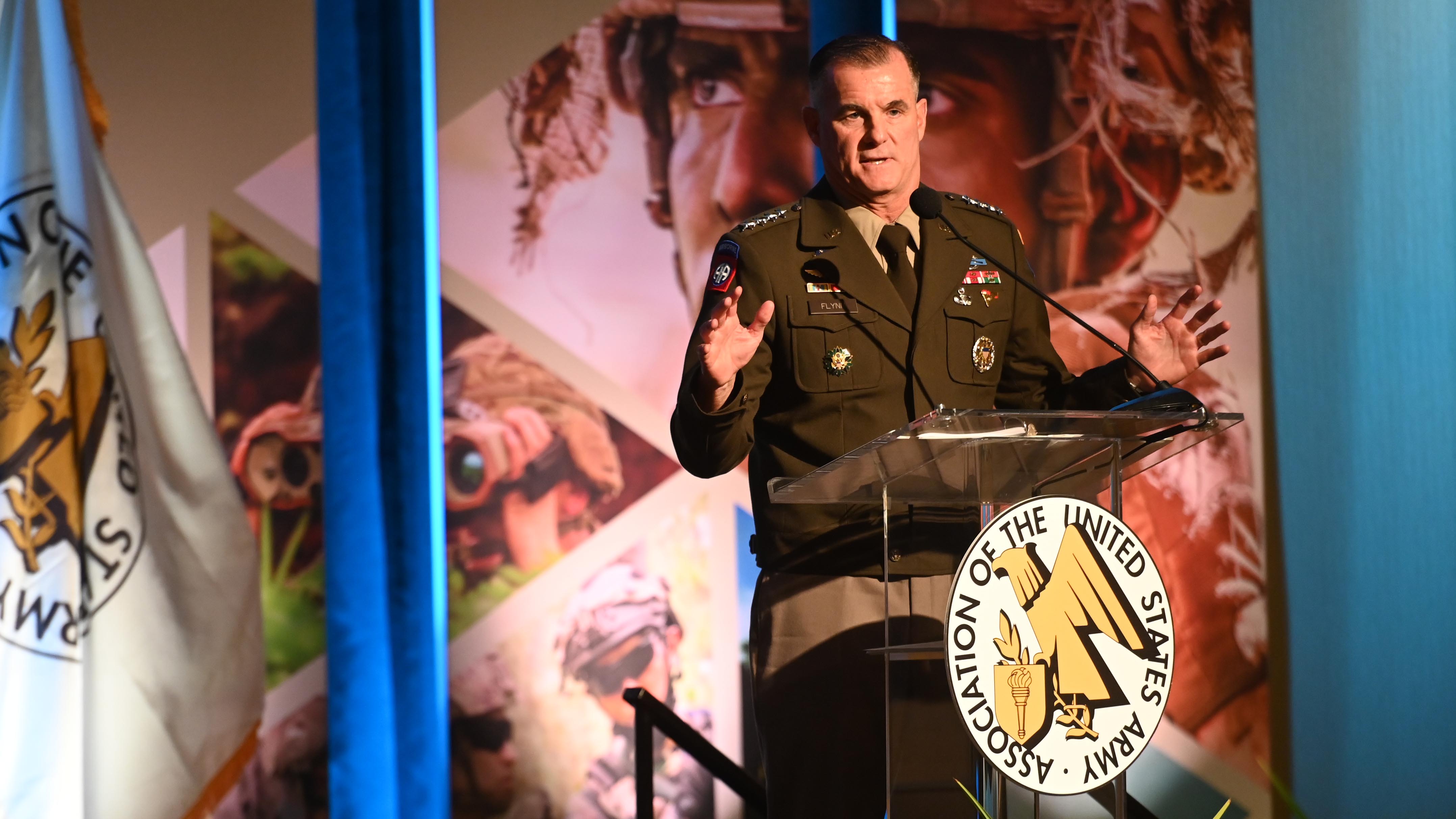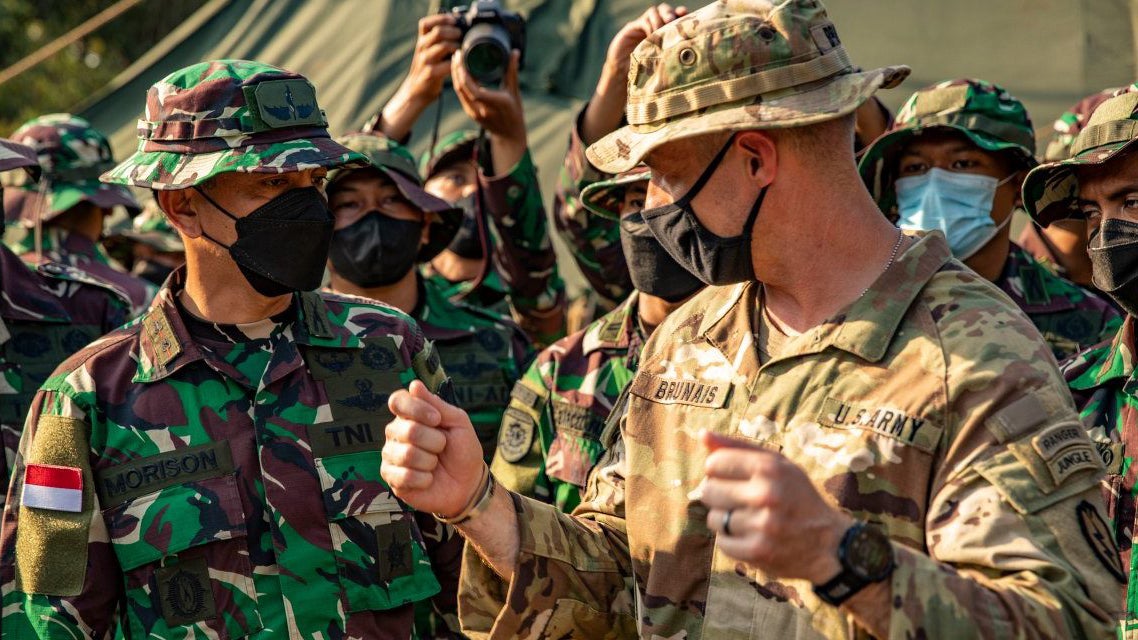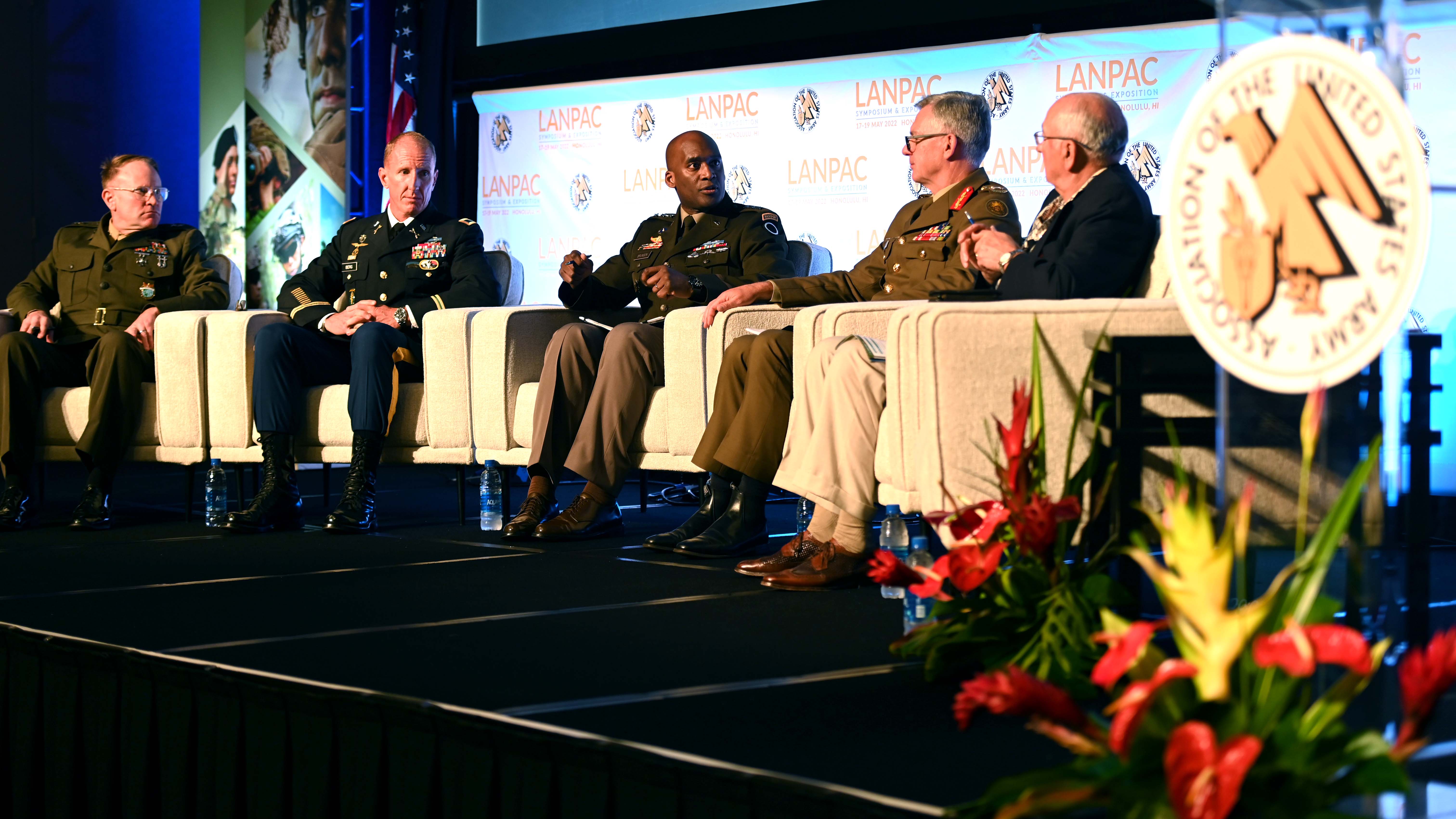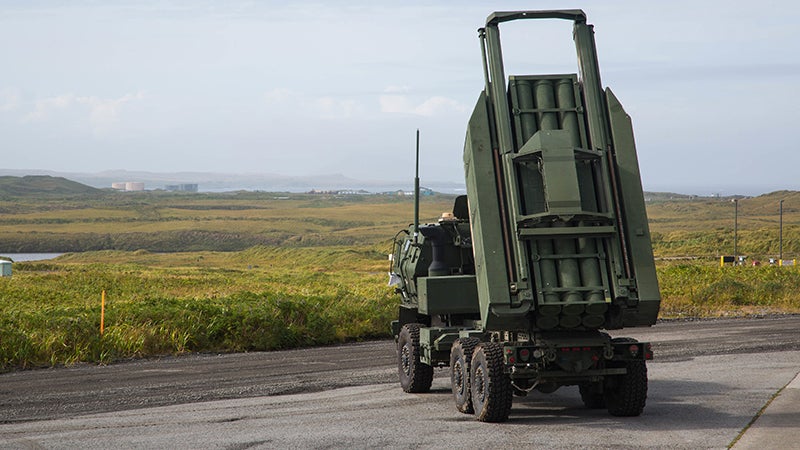11th Airborne Builds Cold-Weather Mettle
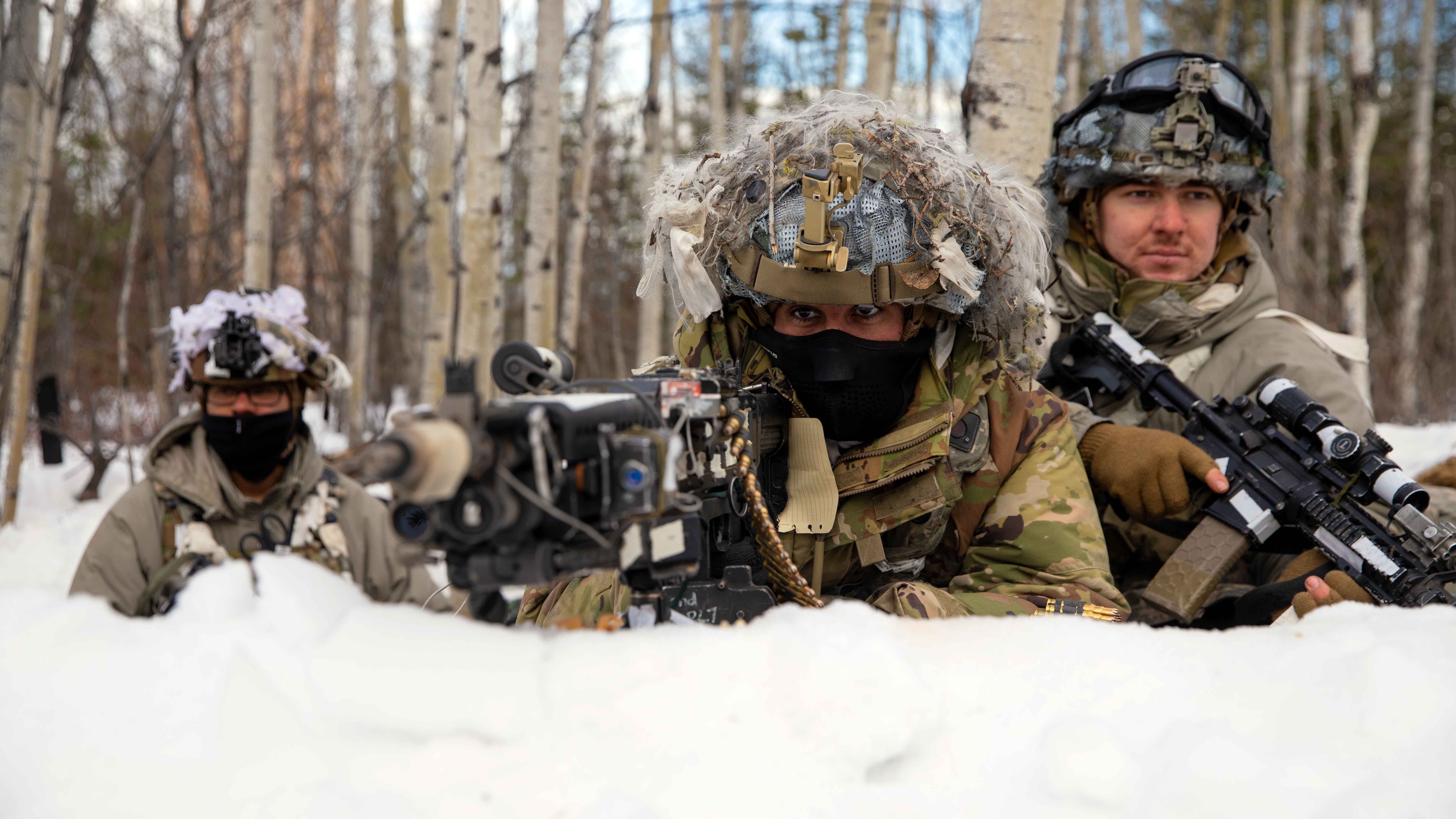
In the two years since it was reactivated, the 11th Airborne Division has become a warfighting division, increasing the Army’s readiness and providing joint deterrence in the Indo-Pacific and Arctic regions, said Maj. Gen. Brian Eifler, the division’s commander.
The division headquarters element “didn’t really exist a year ago,” Eifler said, noting that now it is staffed with the right personnel with the right experience and bolstered by formations of soldiers who have the toughness needed to operate in the region’s challenging environments.


